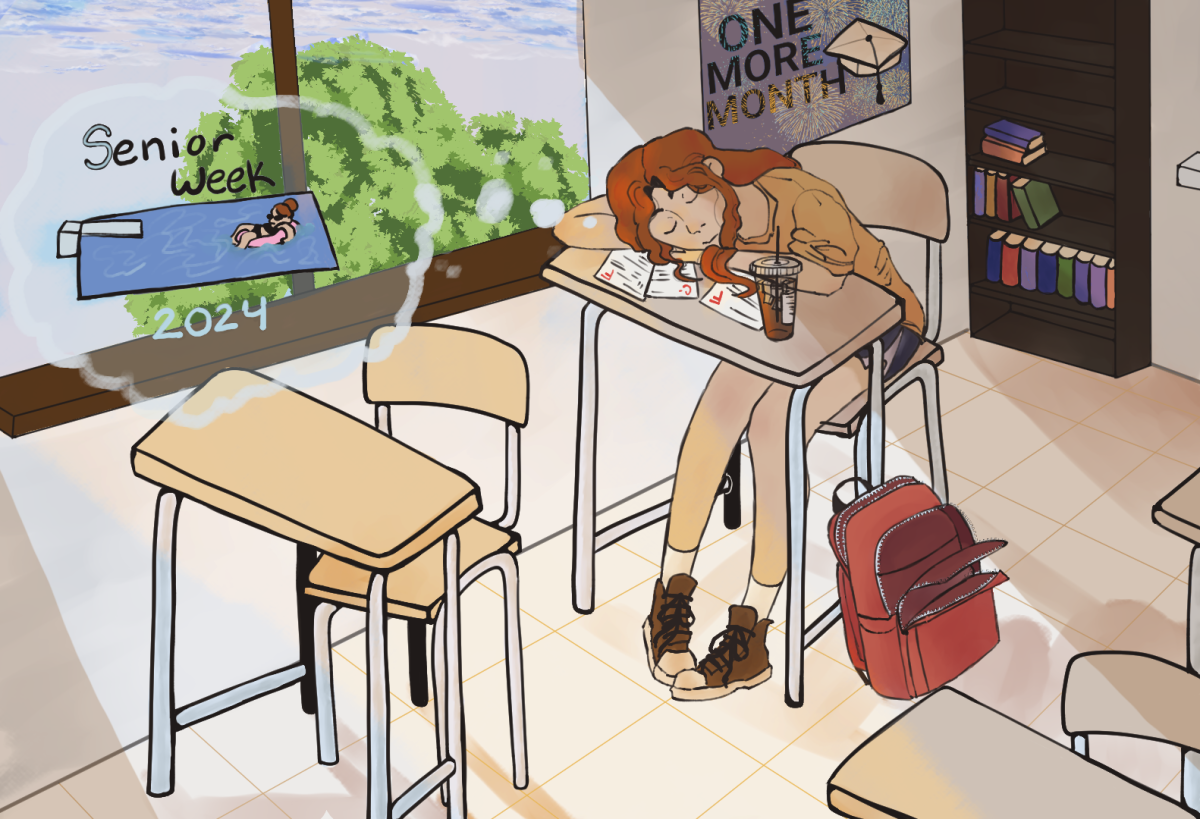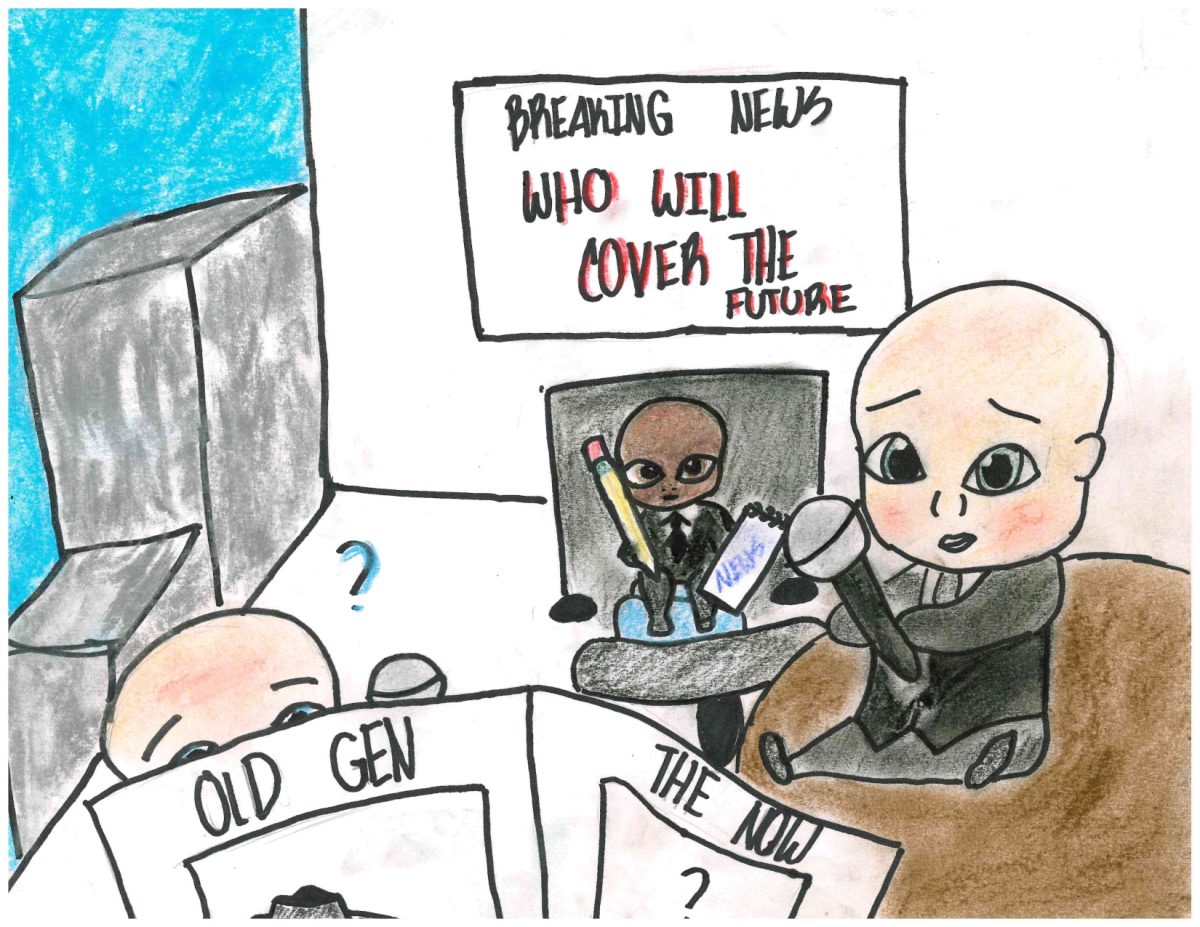Many students, as we approach the end of the school year, find themselves afflicted with a mysterious (yet common) ailment.
Senioritis is a condition that frequently attacks students in their senior year of high school, college or graduate school (or, sometimes, earlier).
The affliction is characterized by a state of severely decreased motivation, apathy towards school-related responsibilities and a general lethargy when faced with almost anything remotely work-centric.
I can understand the reasoning behind why students might feel this way.
I know I certainly do; now that college decisions are for the most part out, and the majority of my classes have finished teaching their content, it’s often difficult to spark any sense of interest within myself towards my academic responsibilities.
I fail to see the point of school work a lot of the time; from my perspective, as somebody who has never overly enjoyed being in school, with so little of what remains genuinely impacting my future, it can become increasingly difficult to push myself to care about busy work. I know my feelings are shared by many of my peers, who, like me, have looked outwards for motivation rather than within.
For students like me who have always been extrinsically motivated by factors like college acceptance, achieving those goals leaves us struggling for a source of drive to continue to put in effort.
Whilst it’s true that some schools do require end-of-year transcripts, for many, high schools’ usefulness ends when we open our acceptance letters.
To be clear, senioritis is not a feeling spawned from a sense of disrespect or flippantness towards any of the teachers or other figures who have helped me reach where I am today.
It’s important to me that I separate my distaste for school from my feelings towards them; I recognize that without the individuals who helped me through my education, I may not have any of the opportunities I have today.
And I can understand the frustration many educators feel towards senioritis, especially in its most extreme cases.
Having a student who one day in January decides to not turn in assignments for the rest of the year creates inordinate amounts of stress and extra work for their teachers, as they scramble around trying desperately to find some way they can get that student to graduate.
Just like us students, teachers and faculty experience burnout and fatigue in the second half of the year for much of the same reasons; school is an intensive process that requires just as much, if not more daily effort for teachers as it does for students.
Whilst teachers are obviously committed to their jobs, I can understand their not wanting to be here any more than us students. I’d be sick of us high schoolers too, honestly.
In the end, I think what’s important for both teachers and students to recognize is that we’re all feeling largely the same thing.
It’s all too easy for us students to feel animosity towards our teachers for saddling them with what they see as unnecessary work, or for teachers who are frustrated with those of us who slack off to feel the same. But what’s vital to keep in the front of all our minds is that we’re all human.
We’re all burnt out.
And we’re all working together for the same goal: to create students who are equipped to succeed after they graduate.
Remaining empathetic, be it towards teachers or students, is the least we can do.
Senioritis sufferers must remain thoughtful
The impending end of the school year brings with it a steep rise in apathy.
0
More to Discover
About the Contributor

Sam Kennedy, News Editor







